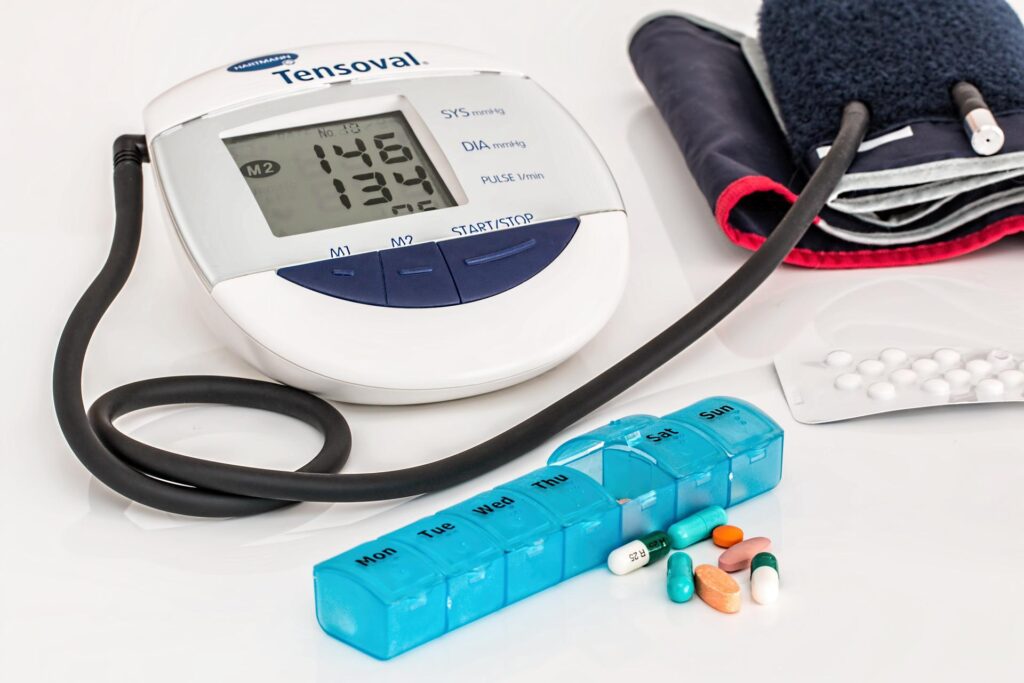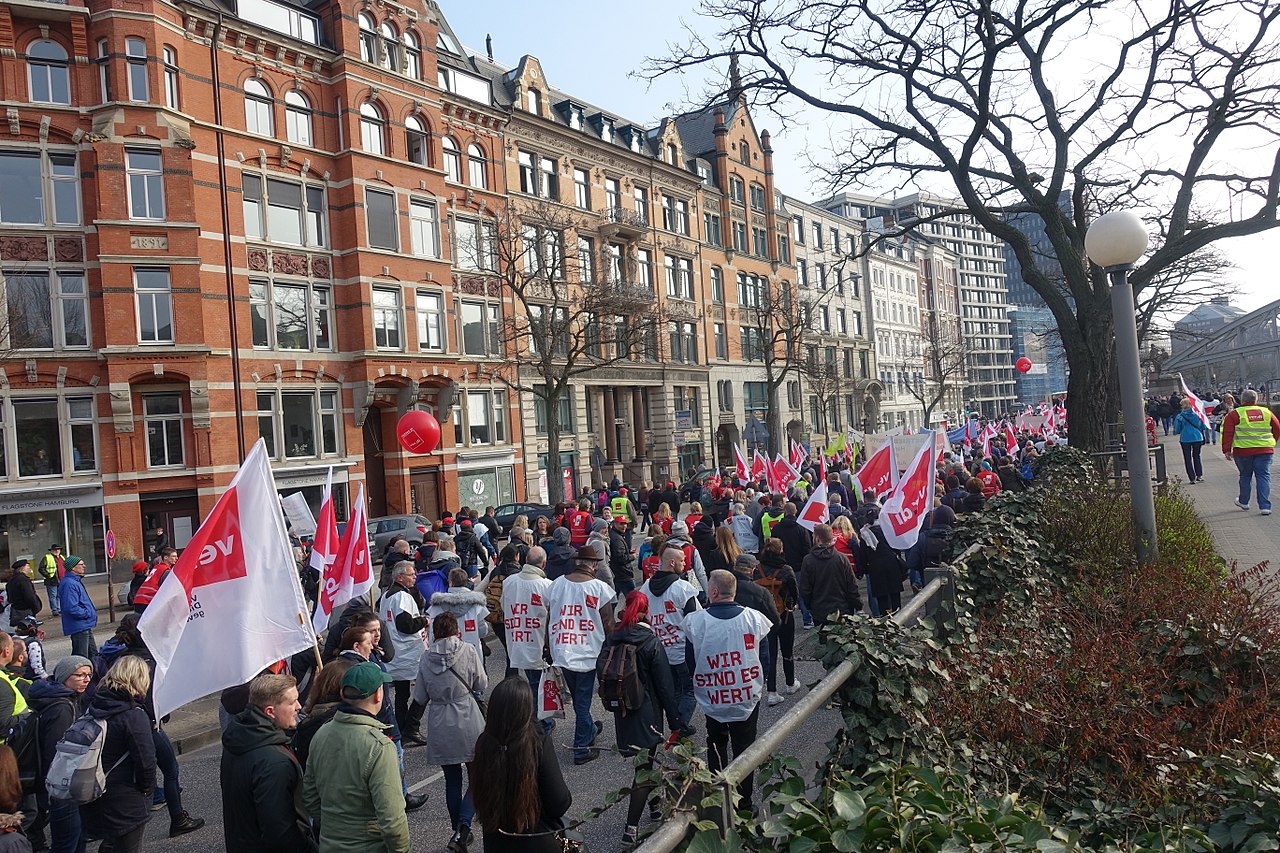Western Healthcare Systems Could Really Learn some Lessons

While I was in Brazil, I had the opportunity to follow a good friend to some doctor appointments. This presented a unique opportunity. I could get an insight into how Brazilians experience their own healthcare system. And also have an exchange about what I notice with western eyes. The ensuing debate my friend and I had, was interesting.
First of all, all healthcare systems have strengths and weaknesses. But I will double down on that universal healthcare is a human right. Even though, there are some U.S. citizens who disagree with me. That is for another post.
For now, I will compare observations and experiences from Brazil and Europe.
Healthcare Services Are More Decentralized
On at least two occasions, we passed by some central laboratories. This is a difference between Brazil and Europe. In both Denmark and Germany, it is your own doctor, who does most of the work. If he needs a blood sample, he will tap it right there. Then he will send the specimen for analysis.
In some cases, your doctor will refer you to a specialist for further treatment. That specialist takes over. I have experienced many times, that my own doctor has no idea what happened at the specialist.
In Brazil, it seems to work the other way around. The primary care doctor seems to be the coordinator. He will send you to one of the central laboratories. In those laboratories, they take your blood, urine, EKG, or whatever your doctor ordered. After that, the results end up with your primary care doctor again.
This has some advantages in my opinion. First of all, it ensures that your primary care doctor knows YOU. He knows your history. My friend told me, that consultations can often last a very long time. In Europe, they always last 15 minutes. That is the standard rate, the doctors charge the insurance. I have often felt, that 15 minutes is far too little to actually do an exam or get to the bottom of my issues.
There Is a Much Bigger Focus on Prevention
This seems to be the biggest difference to me. There is a lot of focus on prevention. It surprised me, that regular check-ups even include EKG monitoring. The only time I had my heart monitored was in Denmark. I was already in hospital with a thrombosis.
My friend gets also regular bloodwork to check for hormonal imbalances and deficiencies. Here in Europe, I have to get on my knees and beg the doctor to check for anything. The reasoning is, that if I do not have serious symptoms, there is nothing wrong.
On the flip side, when things go very wrong, western healthcare systems are very efficient. We spare no expenses, We have very expensive machines. We can do very complicated surgeries when the need arises.
But often, we cannot foresee half of the lifestyle diseases. Because we don’t monitor. We wait until the sh*t hits the fan. I am sure that this approach to healthcare is much more expensive on the bottom line.
Perhaps we are so used to being wealthy in rich, white countries that we don’t even consider that question. We shuffle money to pharmaceutical companies and insurance conglomerates. Or maybe it’s not about healthcare at all.
Healthcare Case Story

Some years ago, a good colleague and friend of mine suffered a heart attack. We spent the morning in a gym together. In the changing room, he started to complain about pain in his arm. We called the ambulance. They took him to the cardiac trauma center by helicopter.
Whilst there, they inserted a balloon into the artery to free the blockage. Then, they inserted a stent to stabilize the artery. So far, so normal. The scanning revealed another artery, which was already started to constrict a lot. The doctors told him, that they were not allowed to intervene at that moment. They also told him that there will be issues down the road.
Sure enough, two years later, he suffered another attack. That could have been avoided if the blockage had been dealt with then and there. Now, he had to be hospitalized two times. An ambulance had to transport him twice. And, of course, this ordeal cost him valuable days of his life.
Thank god, he is okay. A preventative approach like I experienced in Brazil could have avoided a lot of drama. And many expenses.




